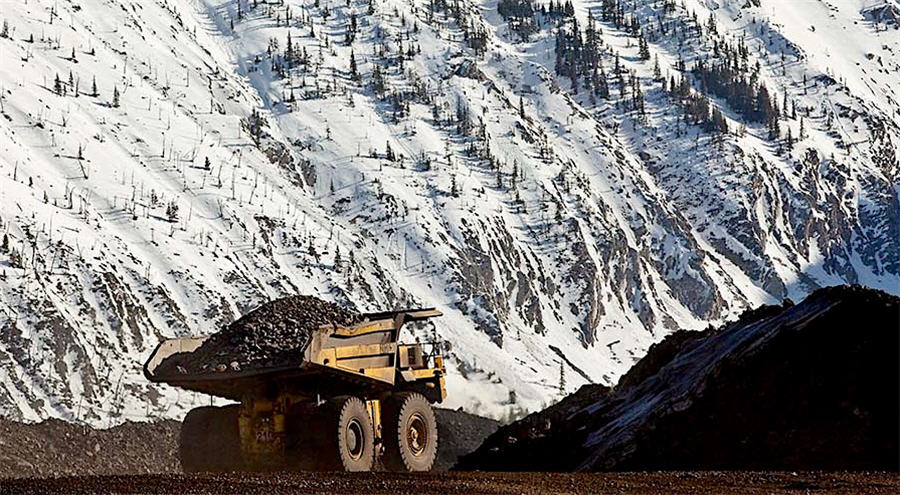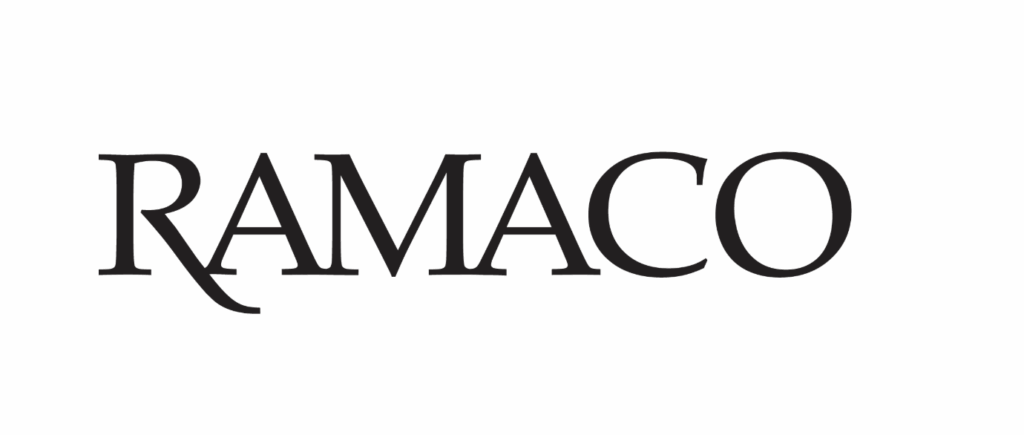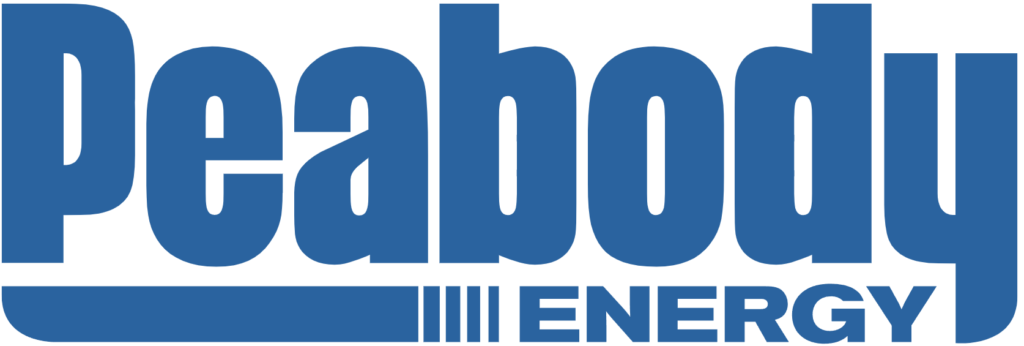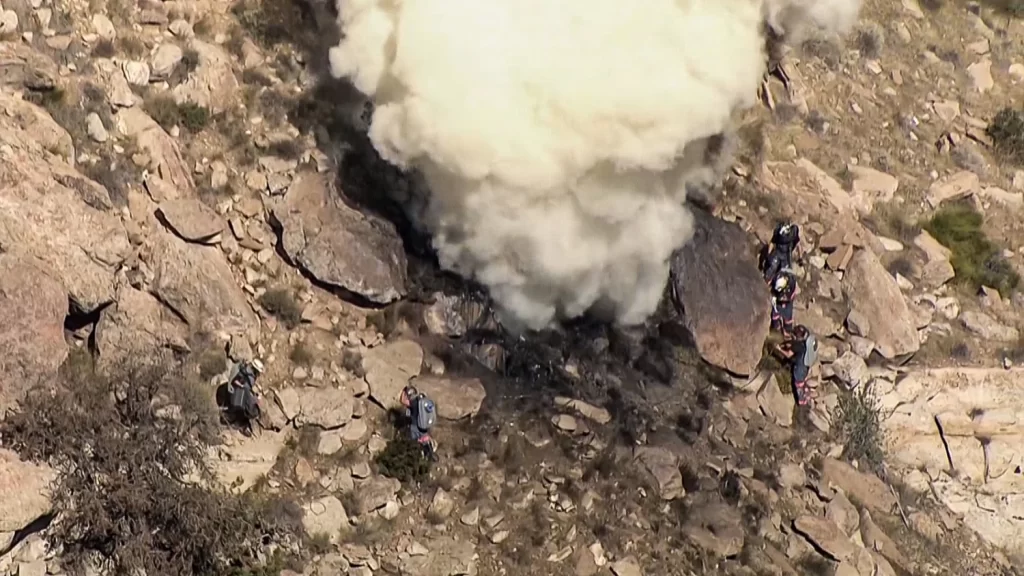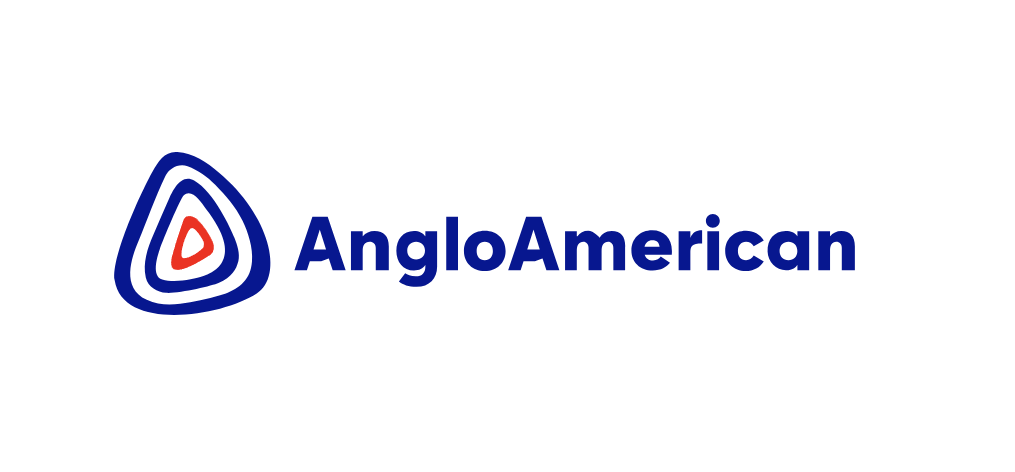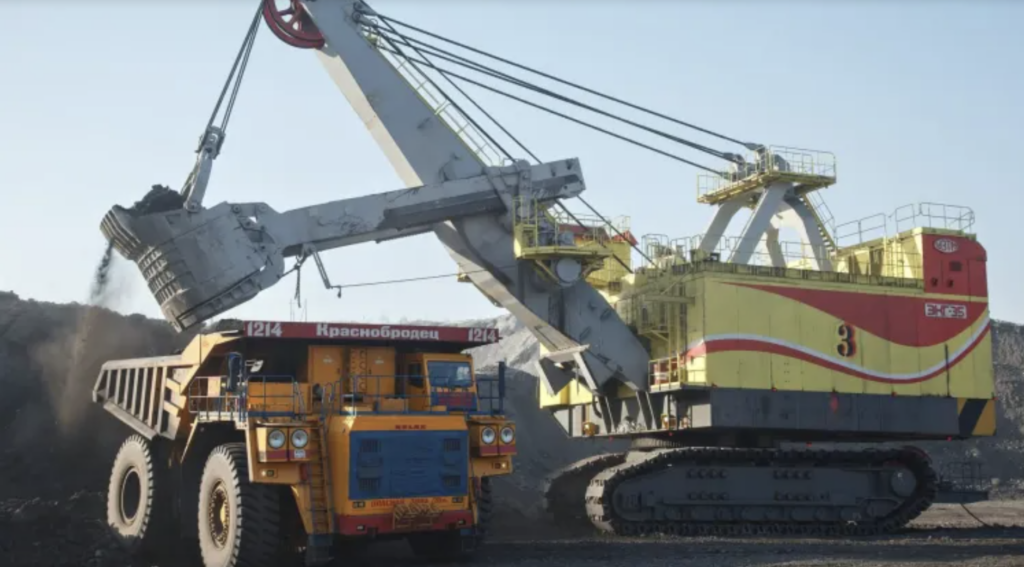The cost of cleaning British Columbia’s (B.C.) Elk Valley river from the toxic materials released by Teck Resources’ (TECKb.TO) coal mining could be at least C$6.4 billion ($4.7 billion), a report released by not-for-profit group Wildsight on Tuesday said.
Selenium, a naturally occurring element that is toxic to fish in high concentrations, has been leaching for decades from the piles of waste rock surrounding Canadian miner Teck’s coal mines. The coal is used for making steel.
Teck has set aside a bond of C$1.9 billion towards Elk Valley operations, in line with the B.C. government’s requirement for miners to pay for any future damage arising from their work. But the report commissioned by Vancouver-based Wildsight found the amount set aside by Teck was inadequate and underplayed the problem caused by selenium contamination.
In an email response to Reuters, Teck said Wildsight’s estimates were inaccurate and inconsistent with calculations made under B.C. government policy.
“Their provisions with respect to capital spend do not align with B.C. government policy and their use of simplified assumptions overstate ongoing water treatment operating costs alone by 50-60%.” said Dale Steeves, director of stakeholder relations, Teck Resources.
The report, completed by consulting firm Burgess Environmental Ltd, said it reached the C$6.5 billion figure by calculating what it would cost to implement Teck’s current plan of building “water treatment plants to 2027 and operate them for 60 years.”
Teck has spent more than C$1.4 billion since 2014 to tackle the selenium concentration and it plans to further invest $150 million to $250 million by the end of 2024.
Last year, Teck sold its coal business to a consortium led by Swiss miner Glencore (GLEN.L) for $9 billion, as the Canadian miner shifts its focus to critical metals such as copper. The deal is awaiting Canadian government approval.
Glencore plans to spin-off the coal mines into a separately listed company following closure of the deal. Glencore did not comment on the report.
“We hope that both Glencore and the Canadian government will pay close attention to this report as they consider the sale, to ensure accountability for the selenium crisis is maintained throughout the transfer of ownership,” said Simon Wiebe, mining policy and impacts researcher at Wildsight.
($1 = 1.3573 Canadian dollars)
Source: Reuters

